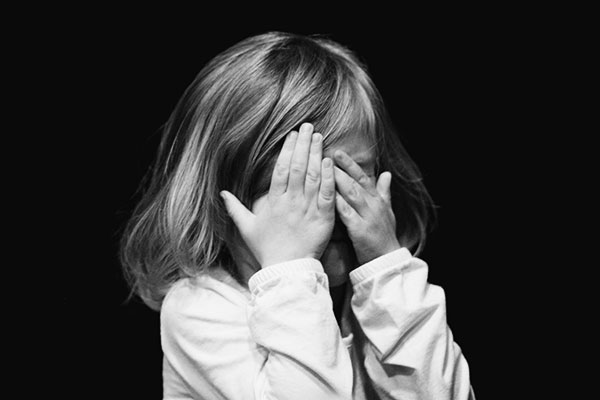
As children we are drawn to our parents and caregivers to keep us safe, meet our needs and protect us. When those adults do not fulfill the expectations we become confused. We try to trust them and keep going to them for support, protection and love. We do not understand why they are not taking care of us. We stop trusting them and question our ability to deserve love.
Children who have experienced trauma and abuse need help to feel safe and learn to trust adults again. While in an abusive and traumatic situation they have learned just the opposite: that the adults who should protect them are not. In many cases they are actually the persons perpetuating the abuse and trauma.
Relatives, Foster (Resource) parents and adoptive parents are called upon to offer children who have been abused and traumatized a secure place to learn that adults will care for them, protect them and keep them safe. It is a challenge for everyone. It is a slow process for children to learn to trust adults and heal from their emotional and physical injuries. It takes time and patience on the part of the adults to provide the necessary “safe haven” with all the important elements.
What do children need from the adults caring for them? What does it take to create a safe environment in which children can heal and grow?
- Meeting Basic Needs consistently: Children need to “attach” (bond) with caring providers who meet their needs constantly and consistently. These “Basic needs” include adequate food available at all times, shelter with appropriate comforts, age appropriate clothing for the climates, consistent , loving “caregivers”, predictable routines and schedules, non-threatening, physically comforting interactions
- Emotionally ”safe” adults: Children need adults who are calm and both physically and emotionally “safe”. Adults need to keep their own emotions in control and model appropriate interaction for/with the children. Adults must be able to accept children’s emotional outbursts and help them in learning to express their feelings in effective and non-hurtful ways.
- Calm, predictable environments: Children need calm environments where adults and activities are predictable. Routines and schedules help children develop a sense of security in their environment and with caring adults. Adults need to help children find pleasure in activates and joy in life through fun interactions in relaxed settings.
- Honest communication: Children need adults who are honest with them; answer their questions and help them find answers if not readily available. To develop trust children need to know that the adults on whom they depend will tell them the truth and stay with them through challenging situations.
Click Here for Article PDF

 Donate Today
Donate Today